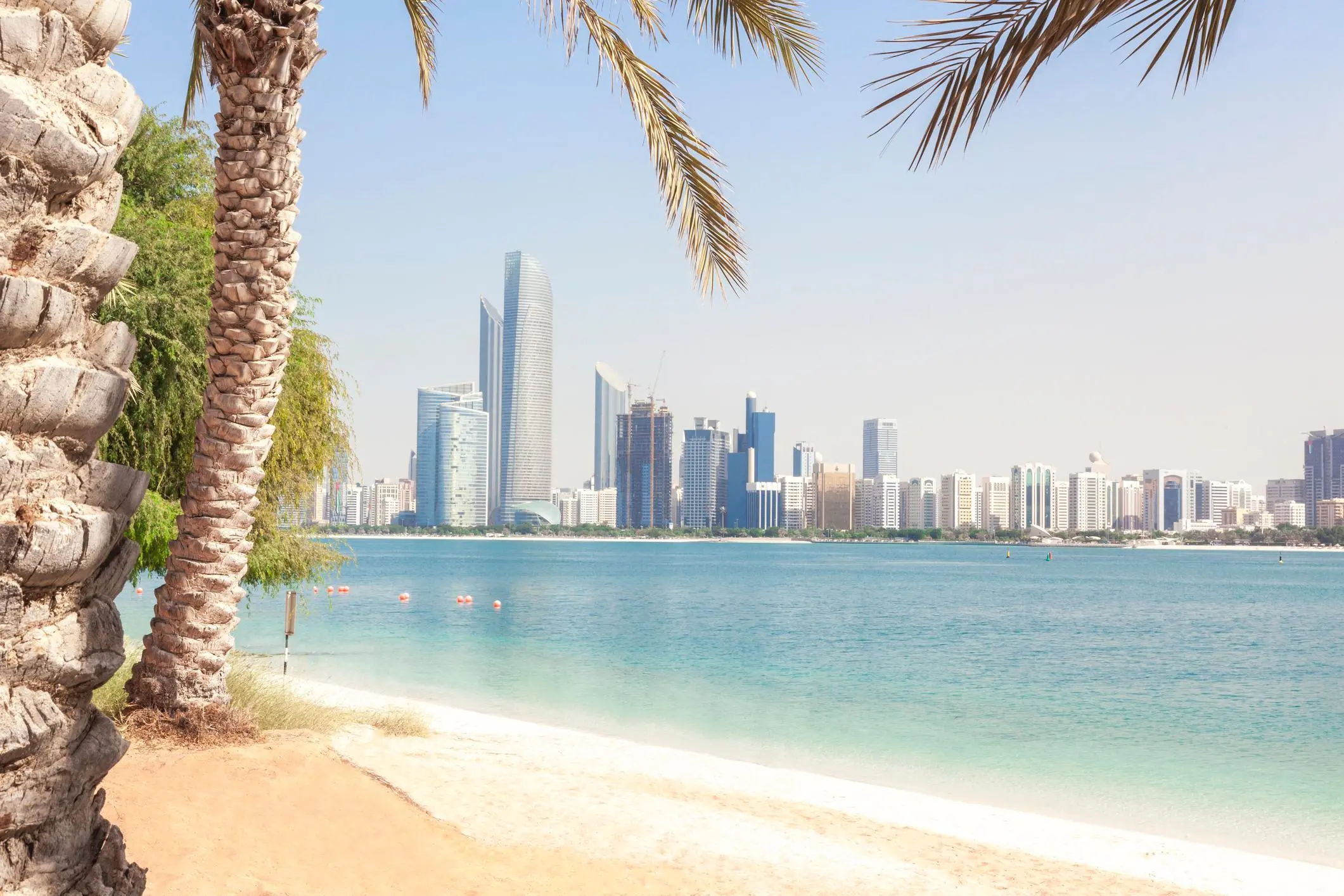PHOTO
Abu Dhabi’s newly-launched Crypto Asset Regulatory Framework, which became active on Monday June, 25, 2018 provides a set of rules governing spot trading of crypto assets by exchanges, custodians and other intermediaries based within Abu Dhabi Global Market (ADGM), the regulator confirmed to Zawya.
The framework covers three main activities, according to an email sent by ADGM to Zawya last week.
The first governs allowing an applicant to obtain ADGM Financial Services Permission to operate a Crypto Asset Business in or from ADGM.
The second refers to the process of allowing an authorised person to operate a Crypto Asset Business in or from ADGM.
The third encompasses procedures for allowing a recognised investment exchange to carry on the regulated activity of operating a Crypto Asset Business within ADGM.
The regulator clarified in an email to Zawya that a “Crypto Asset” means a digital representation of value that can be digitally traded and functions as a medium of exchange; and/or a unit of account; and/or a store of value, but does not have legal tender status in any jurisdiction.
“A Crypto Asset is neither issued nor guaranteed by any jurisdiction, and fulfils the above functions only by agreement within the community of users of the Crypto Asset; and distinguished from Fiat Currency and E-money,” ADGM said in the email.
“The Spot Crypto Asset Framework is not intended to apply to initial token or coin offerings (ICOs), (whether Security or Utility tokens), or other capital raising purposes. For details on the Financial Services Regulatory Authority’s (FSRA) regulatory treatment of ICOs, security tokens and utility tokens please refer to FSRA’s ICO Guidance,” the regulator added.
Technological innovation is transforming the financial services industry. Constant technical advances have provided opportunities for disruption to financial services and led to the emergence of digital assets, such as virtual coins or tokens for capital raising, and crypto assets/currencies for the facilitation of economic transactions.
In January this year, Palmex - a cryptocurrencies' exchange platform - was launched in Dubai by Saudi entrepreneur Mohammed Alsehli. Palmex allows registered users to deposit and trade in a number of cryptocurrencies, including Bitcoin and Ethereuem, the two most valuable cryptocurrencies, while offering its own brand of cryptocurrency called DubaiCoin. The platform is asset-backed, allowing its users to list their assets and use them in trading. (Read more here).
Another well-known cryptocurrency exchange that is based in the UAE is BitOasis, founded by Jordanian entrepreneur Ola Doudin, with plans to expand to Saudi Arabia and other countries in the Middle East. (Read more here).
Interested participants who wish to operate a crypto asset business in Abu Dhabi can apply via the company's website. (Read more here).
“The approval process depends on the applicant’s ability to fulfil the regulatory expectations and obligations of that particular activity to the regulator’s requirement,” ADGM said in response to Zawya's question on the duration of the process.
The launch of the framework follows the completion of a public consultation on the introduction of a robust crypto asset regulatory framework by ADGM Financial Services Regulatory Authority (FSRA) on 28 May 2018.
(Reporting by Nada Al Rifai; Editing by Shane McGinley)
(nada.rifai@thomsonreuters.com)
Our Standards: The Thomson Reuters Trust Principles
Disclaimer: This article is provided for informational purposes only. The content does not provide tax, legal or investment advice or opinion regarding the suitability, value or profitability of any particular security, portfolio or investment strategy. Read our full disclaimer policy here.
© ZAWYA 2018





















